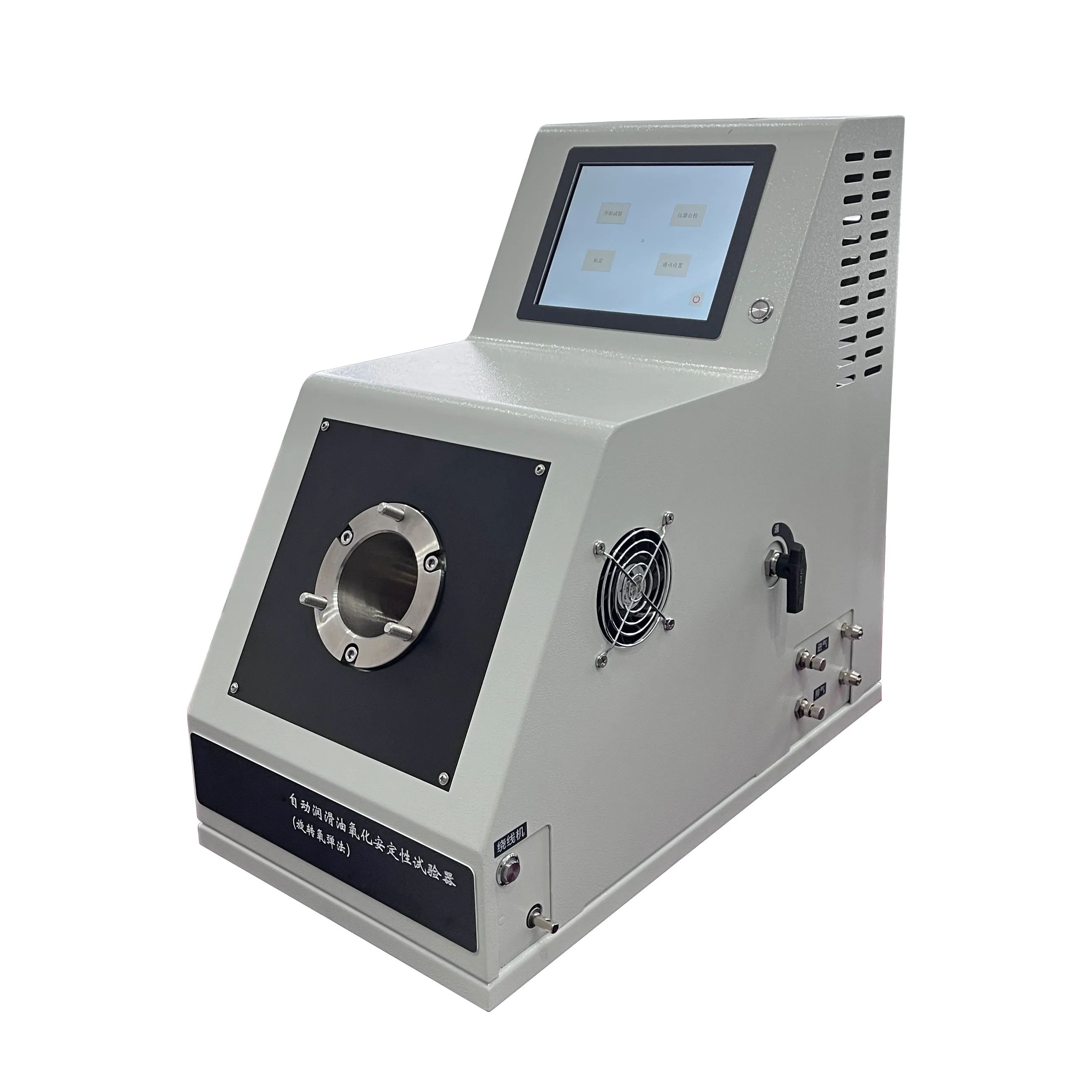 English
English



-
 Afrikaans
Afrikaans -
 Albanian
Albanian -
 Amharic
Amharic -
 Arabic
Arabic -
 Armenian
Armenian -
 Azerbaijani
Azerbaijani -
 Basque
Basque -
 Belarusian
Belarusian -
 Bengali
Bengali -
 Bosnian
Bosnian -
 Bulgarian
Bulgarian -
 Catalan
Catalan -
 Cebuano
Cebuano -
 China
China -
 China (Taiwan)
China (Taiwan) -
 Corsican
Corsican -
 Croatian
Croatian -
 Czech
Czech -
 Danish
Danish -
 Dutch
Dutch -
 English
English -
 Esperanto
Esperanto -
 Estonian
Estonian -
 Finnish
Finnish -
 French
French -
 Frisian
Frisian -
 Galician
Galician -
 Georgian
Georgian -
 German
German -
 Greek
Greek -
 Gujarati
Gujarati -
 Haitian Creole
Haitian Creole -
 hausa
hausa -
 hawaiian
hawaiian -
 Hebrew
Hebrew -
 Hindi
Hindi -
 Miao
Miao -
 Hungarian
Hungarian -
 Icelandic
Icelandic -
 igbo
igbo -
 Indonesian
Indonesian -
 irish
irish -
 Italian
Italian -
 Japanese
Japanese -
 Javanese
Javanese -
 Kannada
Kannada -
 kazakh
kazakh -
 Khmer
Khmer -
 Rwandese
Rwandese -
 Korean
Korean -
 Kurdish
Kurdish -
 Kyrgyz
Kyrgyz -
 Lao
Lao -
 Latin
Latin -
 Latvian
Latvian -
 Lithuanian
Lithuanian -
 Luxembourgish
Luxembourgish -
 Macedonian
Macedonian -
 Malgashi
Malgashi -
 Malay
Malay -
 Malayalam
Malayalam -
 Maltese
Maltese -
 Maori
Maori -
 Marathi
Marathi -
 Mongolian
Mongolian -
 Myanmar
Myanmar -
 Nepali
Nepali -
 Norwegian
Norwegian -
 Norwegian
Norwegian -
 Occitan
Occitan -
 Pashto
Pashto -
 Persian
Persian -
 Polish
Polish -
 Portuguese
Portuguese -
 Punjabi
Punjabi -
 Romanian
Romanian -
 Russian
Russian -
 Samoan
Samoan -
 Scottish Gaelic
Scottish Gaelic -
 Serbian
Serbian -
 Sesotho
Sesotho -
 Shona
Shona -
 Sindhi
Sindhi -
 Sinhala
Sinhala -
 Slovak
Slovak -
 Slovenian
Slovenian -
 Somali
Somali -
 Spanish
Spanish -
 Sundanese
Sundanese -
 Swahili
Swahili -
 Swedish
Swedish -
 Tagalog
Tagalog -
 Tajik
Tajik -
 Tamil
Tamil -
 Tatar
Tatar -
 Telugu
Telugu -
 Thai
Thai -
 Turkish
Turkish -
 Turkmen
Turkmen -
 Ukrainian
Ukrainian -
 Urdu
Urdu -
 Uighur
Uighur -
 Uzbek
Uzbek -
 Vietnamese
Vietnamese -
 Welsh
Welsh -
 Bantu
Bantu -
 Yiddish
Yiddish -
 Yoruba
Yoruba -
 Zulu
Zulu
viscometer
Understanding the Fundamentals of Viscometers
Viscometers are essential instruments used to measure the viscosity of fluids. Viscosity, which describes a fluid's resistance to flow, is a critical property that influences how liquids behave under various conditions. In both research and industrial applications, accurate viscosity measurement is paramount; it helps in quality control, process optimization, and the development of new materials.
Viscometers come in various types, each suited for specific applications and fluid types. The two primary categories are dynamic (or rotational) viscometers and kinematic viscometers. Dynamic viscometers operate by measuring the force required to move an object through the fluid, providing a direct measurement of viscosity at specific shear rates. Kinematic viscometers, on the other hand, measure the time it takes for a fluid to flow under the influence of gravity through a calibrated tube, relying on the fluid's density and flow characteristics.
The choice of viscometer often depends on several factors, including the viscosity range, temperature sensitivity, and the properties of the fluid being measured. For low-viscosity liquids, such as water or light oils, kinematic viscometers, like the Saybolt or Ubbelohde viscometers, are generally employed. Conversely, for high-viscosity fluids, such as paints or molasses, dynamic viscometers, like Brookfield or Cone & Plate viscometers, are often preferred due to their ability to handle thicker substances.
Understanding viscosity is not just crucial for academic studies; it has significant implications in various industries. For instance, in the food industry, maintaining the right viscosity of sauces and dressings affects texture and mouthfeel, which are critical for consumer satisfaction. In the automotive sector, engine oils must have specific viscosity characteristics to ensure proper lubrication at different temperatures, preventing engine wear and optimizing efficiency.
viscometer

The petroleum industry relies heavily on viscosity measurements during the refining process. Crude oils can have varying viscosities depending on their source, and understanding these properties aids in the effective separation and processing of hydrocarbons. Furthermore, in the pharmaceutical industry, the formulation of liquid medications requires precise viscosity control to ensure proper dosage and absorption.
Temperature plays a vital role in viscosity. As temperature increases, most fluids experience a decrease in viscosity, which can complicate processes if not properly managed. Modern viscometers often come equipped with temperature control features or are used in conjunction with temperature monitoring devices to ensure accurate readings.
Additionally, advancements in technology have led to the development of automated viscometers that provide real-time data and enhanced accuracy. These devices are often integrated into production lines, allowing for continuous monitoring and immediate adjustments to processes, thereby improving efficiency and consistency.
In conclusion, viscometers are indispensable tools across a wide range of industries. By providing crucial insights into fluid behavior, they help ensure product quality, enhance process efficiency, and drive innovation. Whether in the lab or on the production floor, the importance of understanding and accurately measuring viscosity cannot be overstated. As technology continues to evolve, the future of viscosity measurement will likely see even greater advances, further improving our ability to manage and manipulate fluids in diverse applications.
-
Testing Equipment Industry Sees Major Advancements in 2025: Smart & Precision Technologies Lead the WayNewsJun.06,2025
-
Applications of Direct Current Generators in Renewable Energy SystemsNewsJun.05,2025
-
Hipot Tester Calibration and Accuracy GuidelinesNewsJun.05,2025
-
Digital Circuit Breaker Analyzer Features and BenefitsNewsJun.05,2025
-
Benefits of Real-Time Power Quality Monitoring Devices for Industrial EfficiencyNewsJun.05,2025
-
Earth Fault Loop Testing in High-Rise Building Electrical SystemsNewsJun.05,2025



